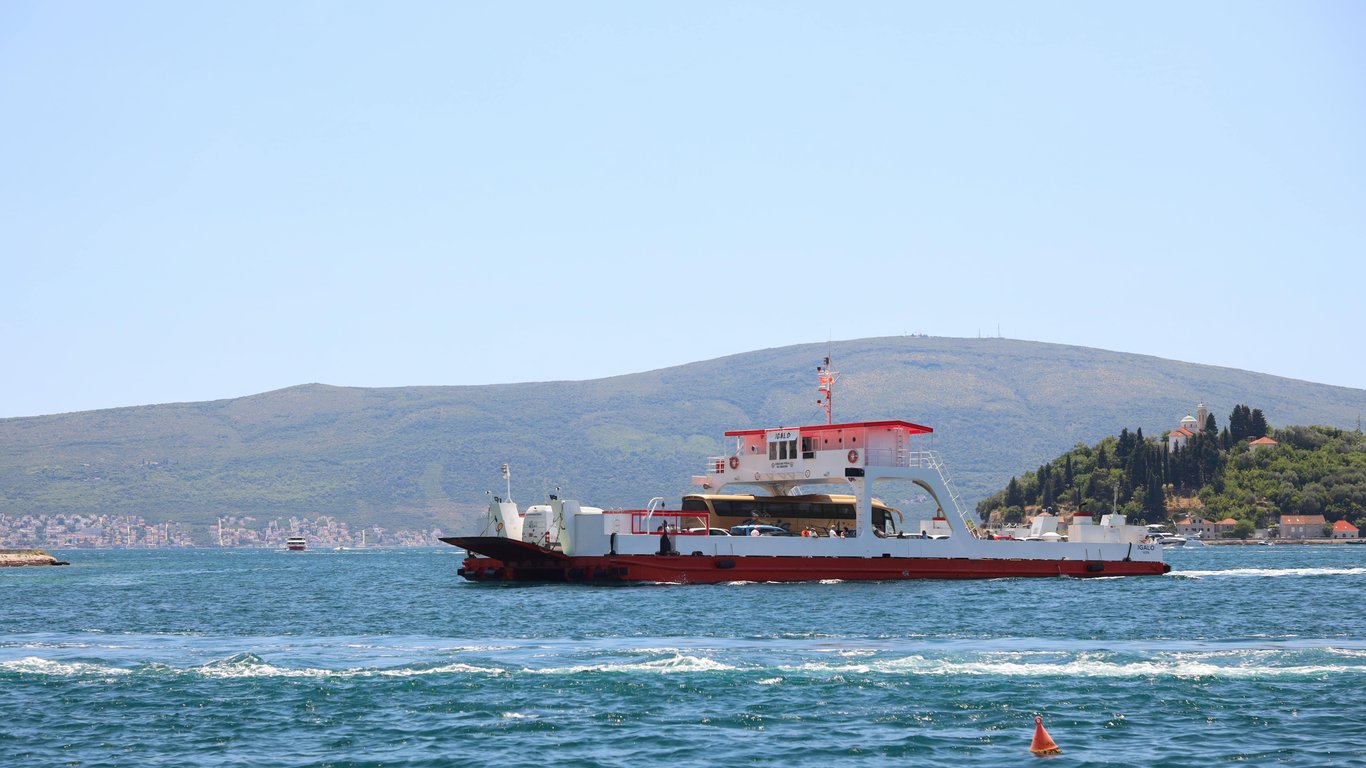It became known how Ukrainian refugees affect the EU economy.


The large-scale migration of Ukrainians to the countries of the European Union, caused by the full-scale Russian invasion, has had an unexpected positive impact on the economies of the host countries.
According to the Latvian publication lsm.lv, despite significant costs to support refugees, which according to IMF estimates amounted to 30-37 billion euros, Ukrainians significantly stimulate economic activity in the EU.
According to the National Bank of Ukraine, Ukrainians spend up to 2 billion dollars abroad every month. These funds are injected into the EU economy through various channels: consumer spending, housing rent, banking operations, and legal employment with subsequent tax payments.
The greatest impact is felt in countries that have received the largest number of Ukrainians. Poland and Germany lead in the volume of non-cash payments of Ukrainian refugees. In the Czech Republic, where almost 90% of able-bodied Ukrainians are employed, budget revenues from their activities already exceed expenditures by almost twice.
The Organization for Economic Co-operation and Development (OECD) estimates the additional contribution of Ukrainian refugees to the annual GDP growth of the Czech Republic, Poland, and Estonia at 1.2%, and for Hungary, Latvia, Slovakia, Lithuania, and Romania – about 0.8%. Even in the UK, this figure reaches 0.2%.
Thus, Ukrainian refugees have not only not become a burden on the EU economy, but also actively contribute to its growth, offsetting the negative effects of the COVID-19 pandemic and inflation.
Previously, S&P issued a forecast regarding the consequences of the war for the economy of Ukraine.
Read also
- Which scrap can earn you the most — two valuable metals
- Found by chance - where an island with valuable metals was opened
- Profit on Paper - How Much You Can Earn from Waste Paper in 2025
- Earning on Coins — Which Two Kopecks Can Bring You Up to 10,000 UAH
- From August 1 — which important tax will be canceled for Ukrainians
- Minimum Wage in Germany — when and by how much it can be increased









